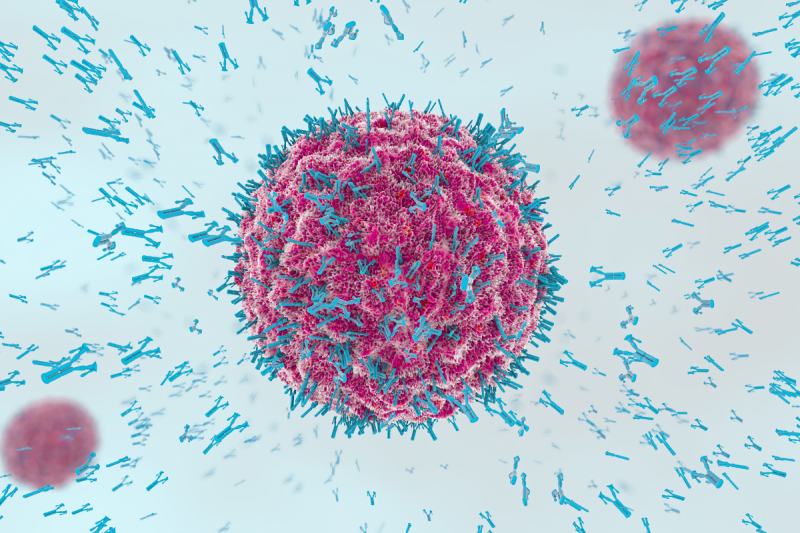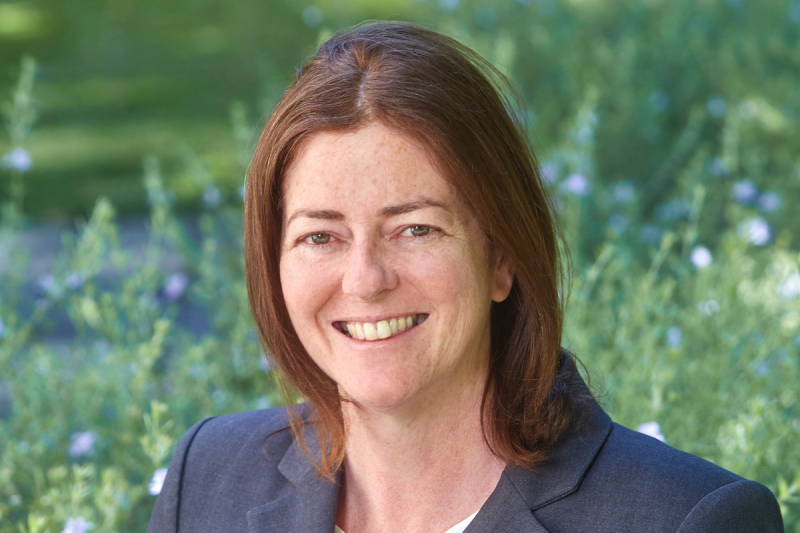- The collaboration provides a valuable opportunity to identify and translate innovative research from two of the world’s top ranked1 universities for biological sciences – Monash University and the University of Melbourne
- While Novartis is Australia’s largest sponsor of clinical trials2, the MoU with BioCurate emphasises an additional focus of identifying early stage innovation and academic research which addresses unmet patient needs
Melbourne, October 31, 2018 – The Australian biomedical research company BioCurate Pty Ltd and Novartis today announced that they will collaborate on early stage drug discovery projects that have potential to address an unmet need.
This collaboration marks BioCurate’s first with the global pharmaceutical industry.
Head of Strategic Partnerships at Novartis, Brett Roberts, said the collaboration with BioCurate is a unique opportunity to work with Monash University and the University of Melbourne on new innovative medicines.
“We are very excited to be able to bring together the global scientific and technical expertise of researchers at the Novartis Institute of Biomedical Research (NIBR) with BioCurate’s expertise in curating and translating early stage science into development ready Australian research projects,” said Mr Roberts.
BioCurate CEO, Dr C. Glenn Begley said the company recognised the importance of early engagement with a range of leading industry partners to ensure new drug development programs are informed and aligned with addressing unmet patient and market needs.
“We are delighted to collaborate with Novartis – a first-class innovator with considerable expertise and infrastructure that can potentially support Australia’s drug discovery and development capabilities,” Dr Begley said.
“We are hopeful this collaboration will ultimately lead to better health outcomes for the global community and continue to build Australia’s expanding innovation economy.”
Dr Begley said the collaboration with Novartis marks the first in a number of similar arrangements currently under discussion with other potential industry partners.
BioCurate, a joint venture of Monash University and the University of Melbourne, supported by the Victorian State Government, operates independently and is housed in the internationally renowned ‘Parkville Precinct’ in Melbourne, a cluster of 30 world-class hospitals, research institutes, teaching and biotech organisations employing approximately 10,000 researchers.
“BioCurate is uniquely positioned to lead the establishment of a number of international industry experts who are able to provide invaluable scientific advice, commercial insight and partnering opportunities to BioCurate and Australia’s medical research sector,” Dr Begley said.
Novartis Australia Chief Scientific Officer, Dr Simon Fisher, said it was a unique opportunity to leverage an internationally experienced team dedicated to rigorous analysis of local science to address unmet patient needs as well as commercial potential.
“This collaboration opens the door to overcome barriers that limit the translation and commercialisation of early stage research progressing to new medicines and providing benefits to patients,” Dr Fisher said.
“We know the research undertaken in Australia is as good as anything globally, so this is an opportunity to help advance the outputs of Australian science. We hope that collaborations of this kind will benefit Australian science and patients.”
Whilst the therapy focus areas of the BioCurate/Novartis partnership are yet to be confirmed, the focus will be to triage and prioritise the highest quality early stage research opportunities from BioCurate’s review of a promising portfolio of projects.
References
- The Times Higher Education World University Rankings 2018 (Life Sciences) https://www.timeshighereducation.com/world-university-rankings/2018/subject-ranking/life-sciences#!/page/0/length/25/subjects/3051/sort_by/rank/sort_order/asc/cols/stats (Accessed 24 October 2018)
- AusTrade Clinical Trials Capability Report 2018 https://www.austrade.gov.au/news/latest-from-austrade/2018/new-report-spotlights-australias-capability-in-clinical-trials (Accessed 24 October 2018)
ENDS

About BioCurate
BioCurate Pty Ltd was formed jointly in June 2016 by The University of Melbourne and Monash University, with support from the Victorian State Government to accelerate early phases of new drug development. BioCurate is seeking to address the key challenges in early stage drug development and to increase the number, quality and rate of translation of new drug discoveries into medically sound projects that are attractive for investment via commercial or public good routes. The Company’s vision is to be a recognised global leader in the translation of basic medical research into human therapeutics. For more information, please visit https://www.biocurate.com
Twitter: @biocurate
LinkedIn: https://www.linkedin.com/company/biocurate/

About Novartis
Novartis provides innovative healthcare solutions that address the evolving needs of patients and societies. Headquartered in Basel, Switzerland, Novartis offers a diversified portfolio to best meet these needs: innovative medicines, cost-saving generic and biosimilar pharmaceuticals and eye care. Novartis has leading positions globally in each of these areas. In 2017, the Group achieved net sales of USD 49.1 billion, while R&D throughout the Group amounted to approximately USD 9.0 billion. Novartis Group companies employ approximately 122,000 full-time-equivalent associates. Novartis products are sold in approximately 155 countries around the world. For more information, please visit http://www.novartis.com.
Novartis is on Twitter. Sign up to follow @Novartis at http://twitter.com/novartis
For Novartis multimedia content, please visit www.novartis.com/news/media-library
For questions about the site or required registration, please contact media.relations@novartis.com

About Novartis Institutes for BioMedical Research
The Novartis Institutes for BioMedical Research (NIBR) is the global pharmaceutical research organisation of Novartis. With an ongoing focus on diseases for which medical needs remain unmet, scientists and physicians at NIBR are dedicated to ensuring that Novartis maintains its strong pipeline. NIBR has sites in Basel, Switzerland; Shanghai, China; Cambridge, Massachusetts; and three other US locations.

BioCurate Pty Ltd Media Contact:
Linda Peterson
Chief Operating Officer
M: +61 419 320 435
E: l.peterson@biocurate.com

Novartis Australia/NZ Media Contact:
Peter Murphy
Director, Public Affairs and Communications
M: 0423 444897
peter.murphy@novartis.com

















